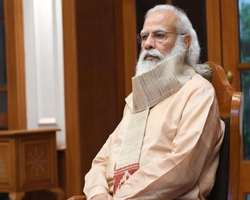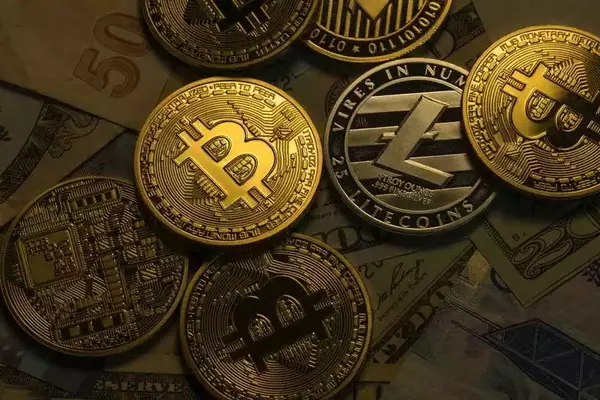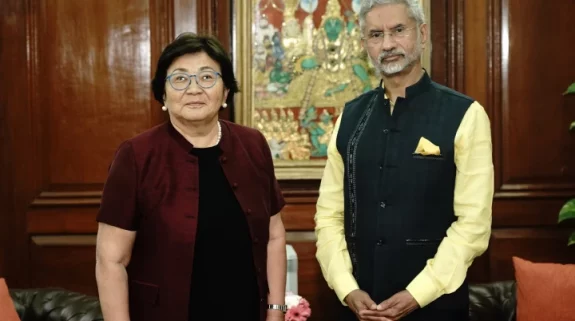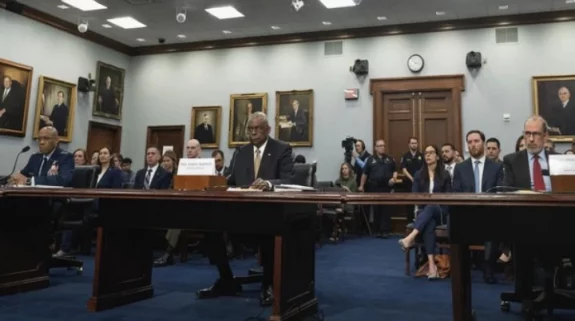The government plans to introduce a Bill to ban private cryptocurrencies in the forthcoming winter session of Parliament, according to a notification on the Lok Sabha website.
The move comes after extensive consultations between the Reserve Bank of India, Finance Ministry and Home Ministry and experts from across the country and the world, according to sources.
The government is set to introduce “The Cryptocurrency and Regulation of Official Digital Currency Bill, 2021" in the winter session of Parliament beginning 29 November for consideration and passing. The bill aims “to create a facilitative framework for the creation of the official digital currency to be issued by the Reserve Bank of India. The bill also seeks to prohibit all private cryptocurrencies in India; however, it allows for certain exceptions to promote the underlying technology of cryptocurrency and its uses," it said in a notification on the Lok Sabha website.
Prime Minister Narendra Modi had recently chaired a meeting amid grave concern over the nascent cryptocurrency market that could lead to “money laundering and terror financing,” sources said.
At the meeting concerns were also raised over what was seen as “attempts to mislead the youth through over-promising and misleading non-transparent advertising.” The meeting took on board serious concern over the bombardment of advertising, both online and offline, to lure people into speculating in this market.
Prime Minister Narendra Modi had also raised a red flag over the danger of cryptocurrency at the Sydney Dialogue.
"It is important that all democratic nations work together on this and ensure it does not end up in the wrong hands, which can spoil our youth," PM Modi said in his keynote address at The Sydney Dialogue.
Also read: India makes it mandatory for companies to declare cryptocurrency deals
The RBI has expressed its concern over cryptocurrency saying it can have a destabilising effect on the economy. The value of the currency fluctuates wildly and can result in huge losses to those investing in it.
The RBI Governor has also stated that claims about the sudden surge in investments in cryptocurrency appear to be “exaggerated” as most people have put in only small amounts of Rs 1,000 to 2,000 in the digital currency.
Sources said RBI is keeping a close track of investments getting routed from the banking system to crypto exchanges and is sourcing periodic data from banks on a regular basis.
Capital market regulator SEBI also has reservations on regulating cryptocurrency as a financial asset class, sources said.
SEBI has stated that it has no control over the “clearing and settlement” of cryptos, and that it cannot offer counter-party guarantee as is being done for stocks, sources said.
The issue of first defining the cryptocurrency, whether it is a currency, commodity, or security has also been pointed out.
Global examples of regulation and best practices have also been studied. In September, China declared all cryptocurrency transactions illegal, effectively imposing a complete ban.
The government had held back plans to introduce The Cryptocurrency and Regulation of Official Digital Currency Bill, 2021, in the budget session earlier this year as it continued discussions with stakeholders.
The draft law proposed to prohibit all private cryptocurrencies. The government is keeping its mind open on studying the pros and cons of whether it should allow “official digital currency.”


















